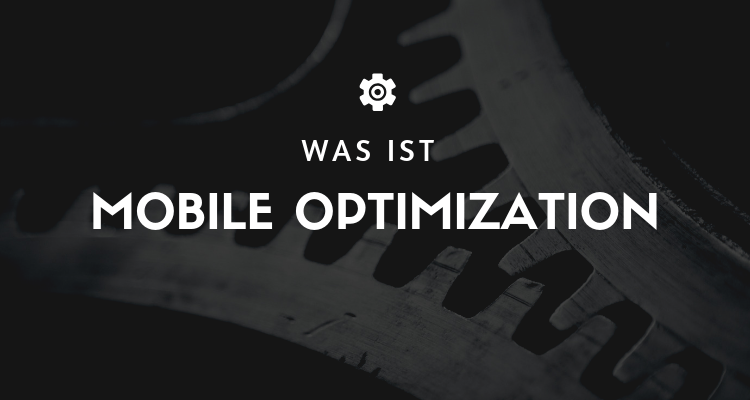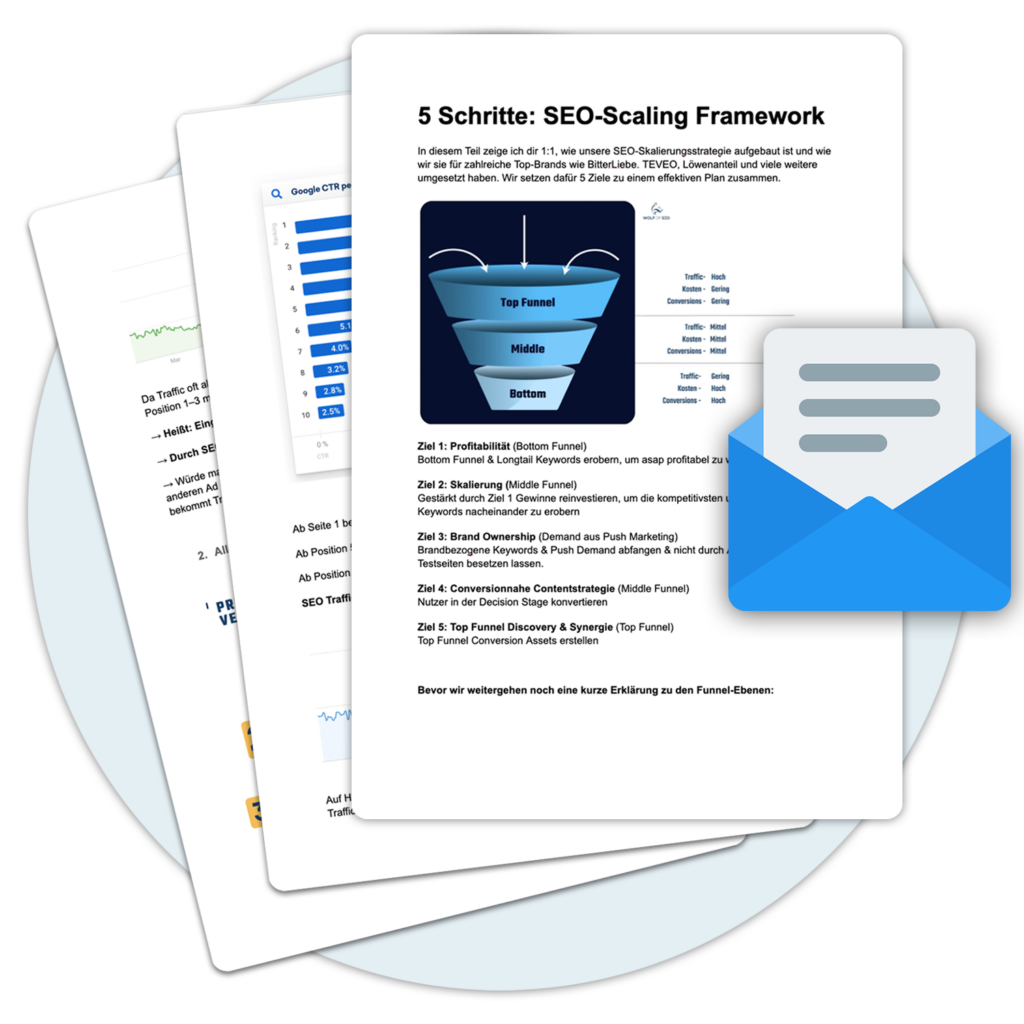What is Mobile Optimization?
The process the Content of websites to mobile devices is called mobile optimization. Mobile optimization is used to display a website adapted to your device for users who are on the move.
Optimized Content adapts easily to desktop and mobile devices in order to offer the user the best possible experience on a website. The font size is also automatically adjusted so that it is large enough to be easily readable on small devices. For websites that use video Content contain applies: Adapt or do not display mobile!
Why is mobile optimization so important and what makes you tick?
Customers are increasingly browsing the WWW on their cell phones these days. According to Google, more Google searches are already conducted on mobile than on desktop. Up to 57% of all online traffic already takes place on smartphones and tablets. And the trend is rising. This trend is even more serious for emails: up to 70% of all emails are now read on mobile devices.
The key to perfect mobile optimization is called Responsive Design. Responsive design means that no matter what size a screen is - smartwatch or desktop - the website always fills the screen optimally and presents all information clearly.
When you launch a new website applies: Mobile First! Optimizing a website for mobile devices right from the start saves you tedious conversion work later on.
8 Reasons for Mobile Optimization
1. almost every user uses a mobile device to surf the web
As described above, search behavior is shifting more and more toward mobile searches. Today, 1.2 billion people use the Internet with the help of mobile devices. An incredible 80% of all Internet users use a smartphone. In other words, when your users are online, they are most likely on their mobile. So mobile optimization is mandatory!
And today's statistics are only half the story. These numbers will be even more mobile-centric in the future. Simply put, Think Mobile Firstbecause (almost) EVERYONE uses a cell phone these days.
2. visitors via mobile devices behave differently
Although theoretically the same people, they behave differently depending on the device used. Despite limited bandwidth, mobile users tend to consume a disproportionate amount of visual media, with an emphasis on short videos and images. Social media sites like Vine and Instagram achieved massive success by offering only videos and images, respectively.
3. mobile device users buy more
If we compare the purchasing behavior between desktop users and mobile device users, we can see that mobile device users actually spend more! Especially often, small but frequent purchases are made. So if you mainly sell products under 10€ in your store, mobile users are an ideal customer field for you.
4. mobile users switch back and forth between screens
According to surveys, 90% of users switch back and forth between devices to reach a goal. This means that even if desktop handles the bulk of your conversions, users will engage with your website via mobile at some point in the sales process.
5. mobile landing pages require different strategies
Your Landing Page can be seen as your conversion workhorse, so to speak. But did you know there are differences between mobile optimized and desktop landing pages? Many techniques are the same, but mobile device screens can't handle the same presentation style you'd use on a full screen.
6. google favors mobile responsiveness
For some time now, Google has been favoring websites in its SERP-rankings that have undergone mobile optimization.
7. social media referrals run mainly via mobile
As social media continues to grow, it continues to find its main hub on mobile devices. If your business uses social media marketing of any kind, there's no way around mobile optimization, as inbound social marketing is a key component of your business. Traffic is very likely to take place via the cell phone.
8. perfectly optimized mobile websites differentiate your brand
Although most people have heard of mobile first, this adage usually fades quickly from memory. What does it mean for your business? It gives you the opportunity to differentiate your mobile optimized website from your competition.
Tips for better Mobile Optimization
The Mobile optimization is essential in this day and age, as a large portion of traffic comes from mobile devices. Here are steps and tips for mobile optimization of your website:
- Responsive design: Make sure that your website has a Responsive design is used. This means that the layout of the website automatically adapts to the screen size of the device used to access it.
- Page SpeedMobile users are often on the go and want fast loading times. Use tools like Google PageSpeed Insights or GTmetrixto check the loading time of your website and get recommendations for improvement.
- Simplified designA clean, simple design helps mobile users focus on what's important. Avoid too many elements or unnecessary animations.
- Touch optimizationKeep in mind that mobile users navigate with their fingers. Buttons should therefore be large enough and easily clickable, and there should be enough space between clickable elements.
- Readability: The font size should be adjusted for mobile devices so that users do not have to zoom in to read the text.
- Optimize images: Use compressed images to reduce loading time without compromising quality. Tools like TinyPNG or Compressor.io can help with this.
- Avoid FlashMany mobile devices do not support Flash. Instead, use modern technologies such as HTML5.
- Pop-ups minimize: Excessive or too large size Pop-ups can be annoying on mobile devices. If you must use them, make sure they can be closed easily.
- Testing: Use emulators or real devices to test your mobile website. Google's Mobile-Friendly Test can also be helpful to make sure your site is mobile friendly.
- Local SEOIf you run a local business, optimize for local searches. Make sure your contact details are easy to find and consider, Google Maps to be integrated.
Conclusion: A mobile optimized website is essential in today's digital landscape. It's not just about ranking better in search engines, but also about providing users with the best possible experience. By following the steps above, you'll ensure that your website is ready for mobile access.
« Back to Glossary Index





 By
By 